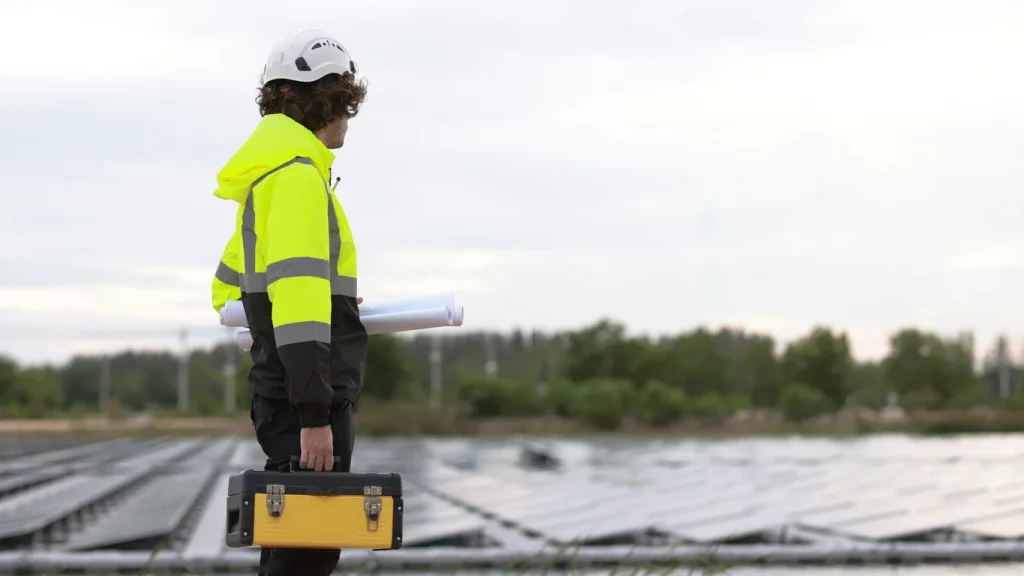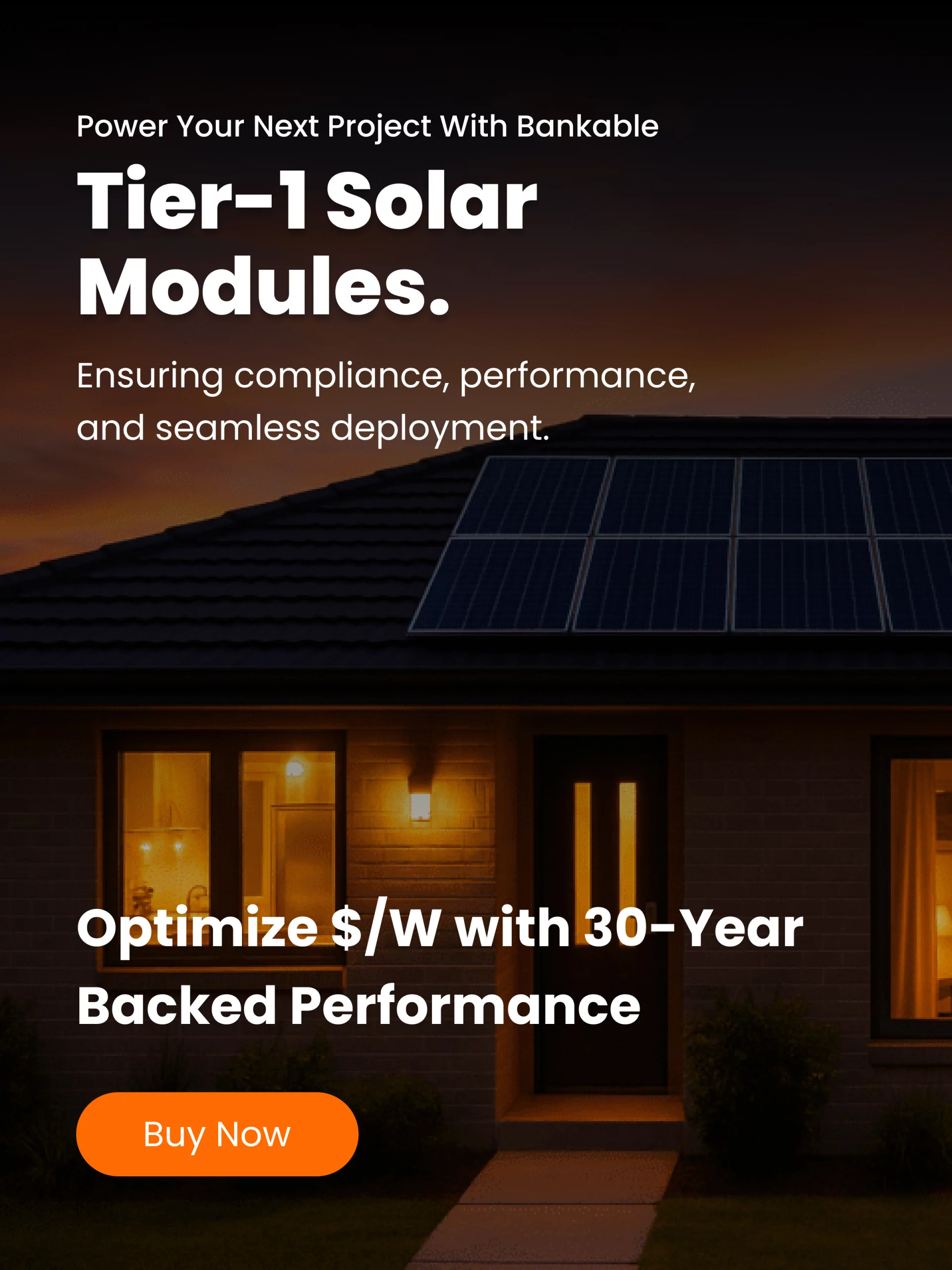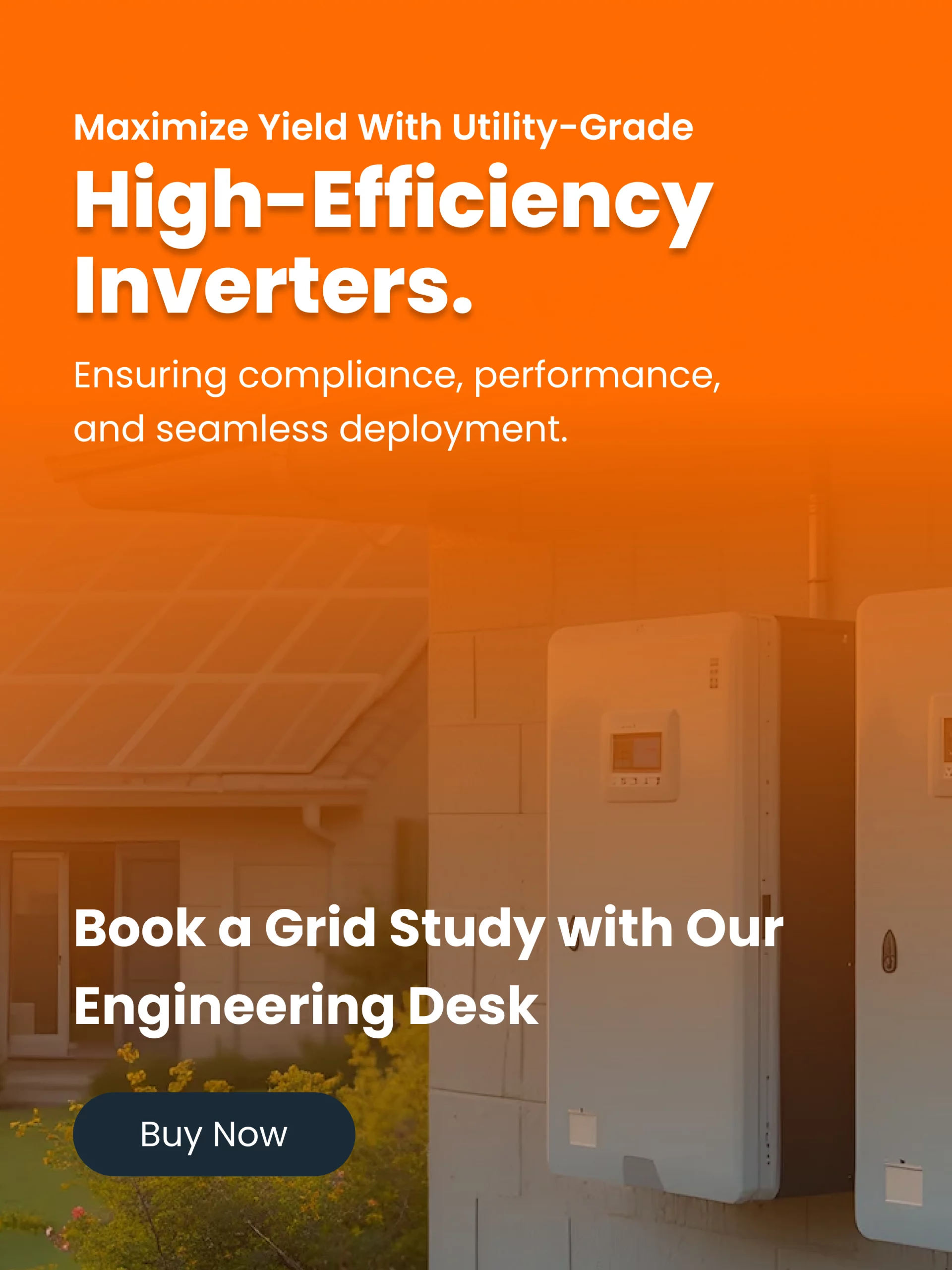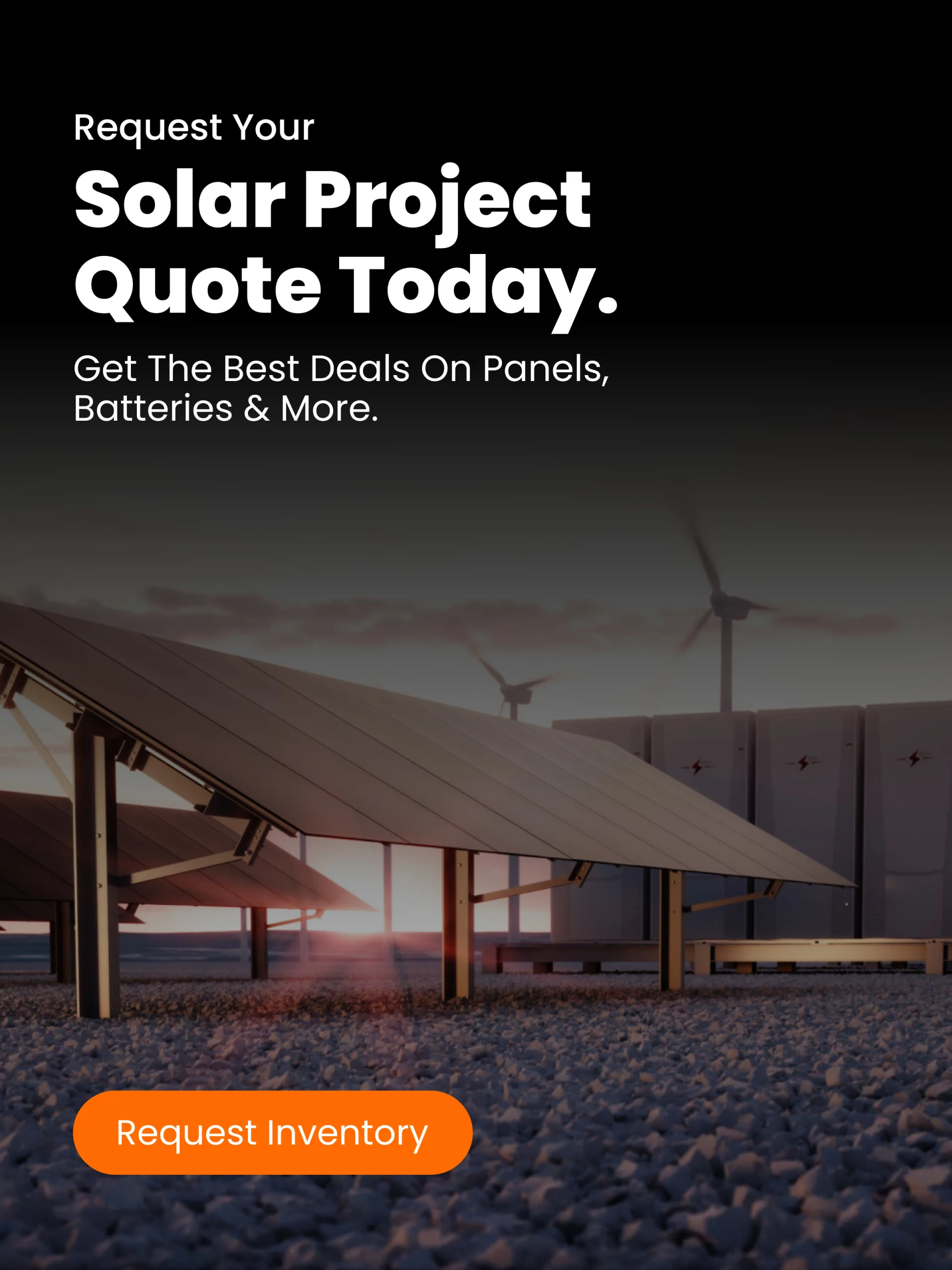Switching to solar energy is a major step toward sustainability and long-term savings. Installing solar panels not only reduces electricity bills but also increases property value and helps reduce your carbon footprint. However, one of the most critical decisions in this process is selecting the right solar panel dealer. The choice of dealer can determine the quality of the panels, the reliability of installation, ongoing support, and ultimately how much value you get from your investment.
In 2025, the solar industry has become highly competitive, with hundreds of dealers offering various packages, financing options, and products. While this is good news for consumers, it also makes choosing the right dealer more complicated. This guide will cover the top factors to consider, helping homeowners make an informed choice.
Understanding what a solar panel dealer does
A solar panel dealer is not just a salesperson. Reputable dealers act as advisors, engineers, and project managers. Their responsibilities often include:
- Assessing your home’s energy needs and roof suitability
- Recommending solar panels and system sizes based on energy usage
- Handling installation or coordinating certified installers
- Managing permits, incentives, and utility interconnections
- Providing maintenance, warranties, and after-sales support
The right dealer ensures that your solar system is safe, efficient, and designed to last decades. A poor choice, on the other hand, could lead to underperforming panels, installation errors, or missed incentives.
1. Reputation and track record
Reputation is one of the first things you should consider. A dealer’s past performance reflects their reliability and commitment to quality. Look for:
- Customer reviews: Check multiple platforms such as Google, Yelp, SolarReviews, and Better Business Bureau. Consistent positive feedback is a strong indicator of trustworthiness.
- Certifications: Dealers certified by organizations such as the North American Board of Certified Energy Practitioners (NABCEP) adhere to industry standards and are trained in best practices.
- Experience: Dealers who have installed hundreds or thousands of systems bring expertise and knowledge to handle various challenges, from roof types to shading and local utility requirements.
A well-established dealer with a proven record reduces the risk of installation errors or delays.
2. Product range and panel quality
Not all solar panels are created equal. The efficiency, durability, and warranty of panels significantly impact the long-term performance of your system. Consider the following:
- Panel efficiency: This is the percentage of sunlight converted into electricity. Higher efficiency panels generate more power in the same space, which is crucial for smaller rooftops.
- Durability: Look for panels made with tempered glass and corrosion-resistant frames, able to withstand snow, hail, wind, and extreme heat.
- Warranty: Most quality panels offer 25-year performance warranties, guaranteeing minimal efficiency loss over time.
- Manufacturer reputation: Choose panels from trusted brands known for consistent quality and long-term support.
A dealer offering a wide range of high-quality panels shows they prioritize long-term system performance rather than just making a sale.
3. Pricing and financing options
Solar is a significant investment, so understanding costs and financing is critical. A transparent dealer will provide a detailed breakdown of costs, including panels, inverters, racking, installation, permits, and connection fees.
- Multiple quotes: Always compare quotes from at least three dealers. Differences in pricing can reflect product quality, service levels, or simply market competition.
- Financing options: Dealers often offer various options such as:
- Purchase outright: Highest savings over the long term but requires upfront capital.
- Loans: Spread out payments while still benefiting from ownership.
- Leases or power purchase agreements (PPAs): Lower upfront cost, but savings go partially to the leasing company.
- Purchase outright: Highest savings over the long term but requires upfront capital.
- Incentives: Ensure the dealer is knowledgeable about federal, state, and local incentives, such as the Investment Tax Credit (ITC) which offers 30% credit for qualifying systems in 2025.
Transparent pricing and flexible financing make solar accessible and prevent surprises later.
4. Installation and maintenance services
Proper installation is just as important as the panels themselves. Even the best panels underperform if installed incorrectly. Consider:
- In-house installation teams: Dealers with trained installers ensure quality control.
- Maintenance services: Ask about cleaning schedules, monitoring, and preventative checks.
- Post-installation support: Ensure the dealer offers service if issues arise with panels, inverters, or wiring.
Ongoing maintenance and monitoring can increase panel longevity and maximize energy production.
5. Customer service and support
A solar system is a long-term investment, and your relationship with the dealer should reflect that. Good communication is vital:
- Responsiveness: Dealers should promptly answer calls, emails, and questions.
- Transparency: They should clearly explain system design, expected output, and timelines.
- After-sales support: From monitoring system performance to handling warranty claims, strong support ensures peace of mind.
A dealer with excellent customer service enhances the overall experience and helps prevent frustration.

Additional considerations
When choosing a dealer, you may also want to consider:
- Local expertise: Dealers familiar with local codes, weather conditions, and utility policies can optimize your system.
- Scalability: If you plan to expand your system in the future, ask if the dealer can accommodate upgrades.
- Energy monitoring: Some dealers offer apps or software to track your system’s performance in real time.
Final thoughts
Selecting the right solar panel dealer is a crucial step in achieving a successful solar installation. By carefully evaluating reputation, product quality, pricing, installation services, and customer support, you can ensure a system that provides maximum financial, operational, and environmental benefits.
Investing time in choosing the right dealer can mean decades of reliable solar power, lower utility bills, and a reduced carbon footprint. With the solar industry continuing to grow and incentives still strong in 2025, there has never been a better time to go solar.




